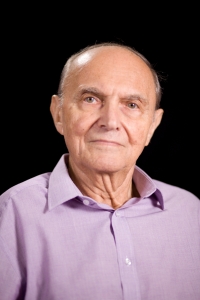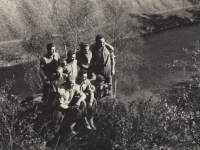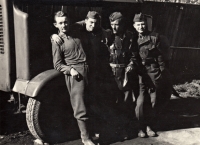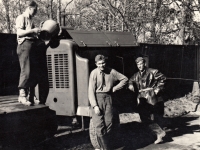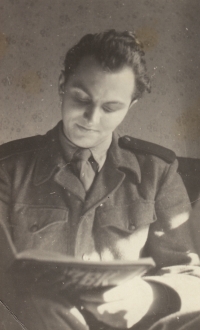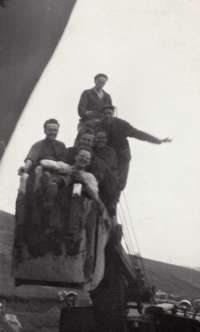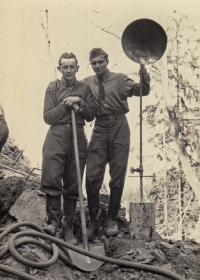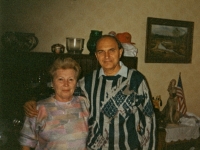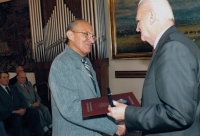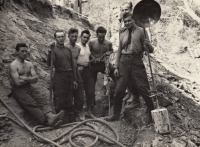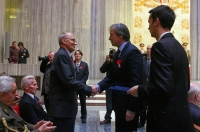Democracy is the only way
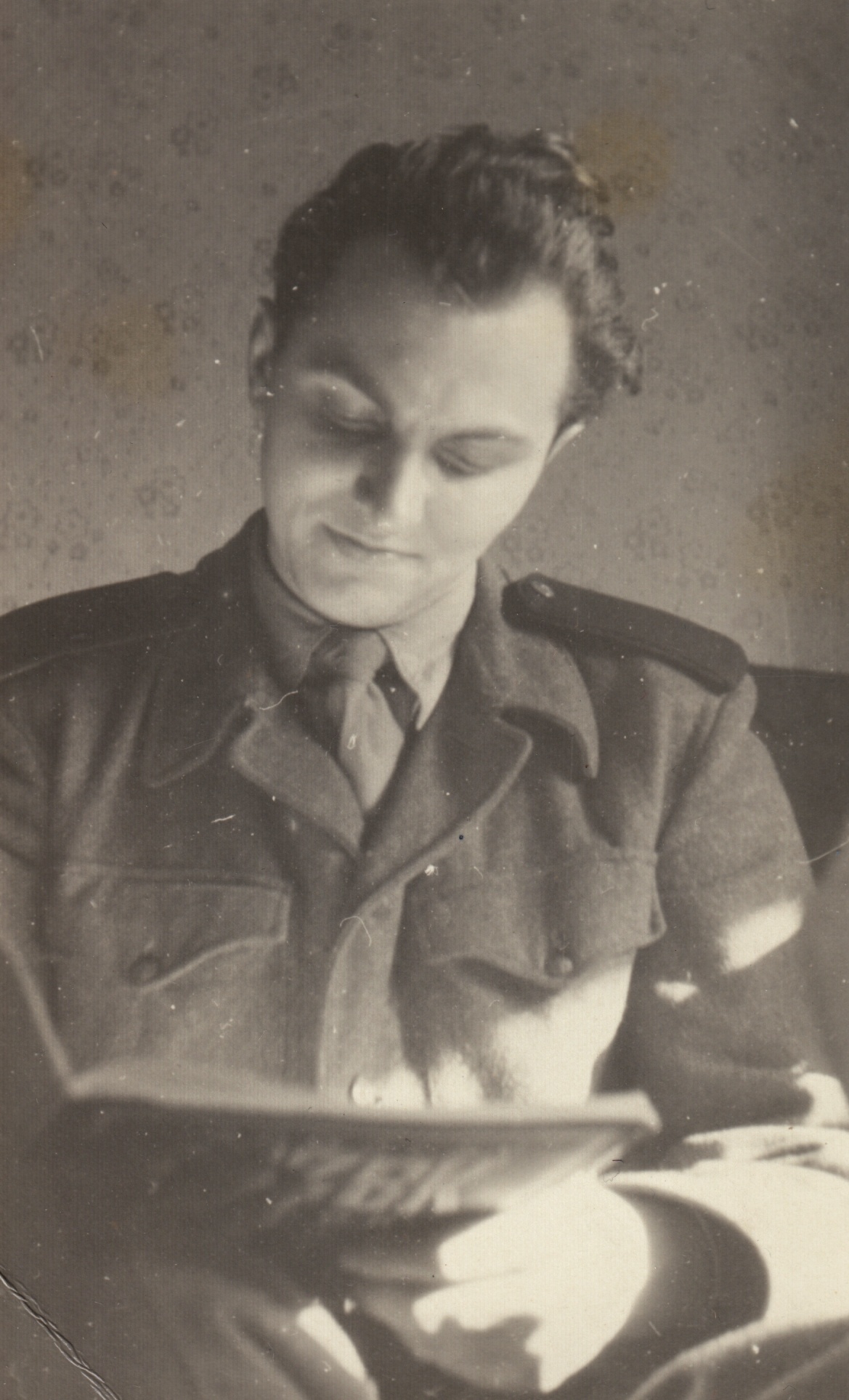
Stáhnout obrázek
Jiří Pešek was born on August 3, 1930 in České Budějovice. He learned to be an assistant to a shop owner and he joined the municipal services in 1947. His father Josef Pešek founded a small company for the production of medical instruments at the end of the war. He had to close it after the communist coup. The witness was actively involved in football, already at the age of fifteen he was a goalkeeper of the AC Stadion České Budějovice senior team. He received the recommendation of the coaches and believed that he would continue to play football during his military service. The son of a tradesman who condemned the conditions established by the Bolsheviks was considered politically unreliable during the military recruitment and was assigned to the Auxiliary Engineering Corps in West Bohemian Stříbro. The witness spent twenty-eight months there working hard in difficult conditions. After returning from the military service, Jiří joined the Igla factory in České Budějovice as a machine adjuster, where he spent six years before moving to the ZNAK production cooperative as a dispatcher. In 1968, he completed his high school diploma remotely at the business school. After the reorganization of the cooperatives, he worked as the head of service operations in the company Jihokov. In 1988, he took early retirement due to health reasons. After the Velvet Revolution, he was involved in the Union of the Auxiliary Engineering Corps. In 2020, Jiří Pešek lived in České Budějovice.
